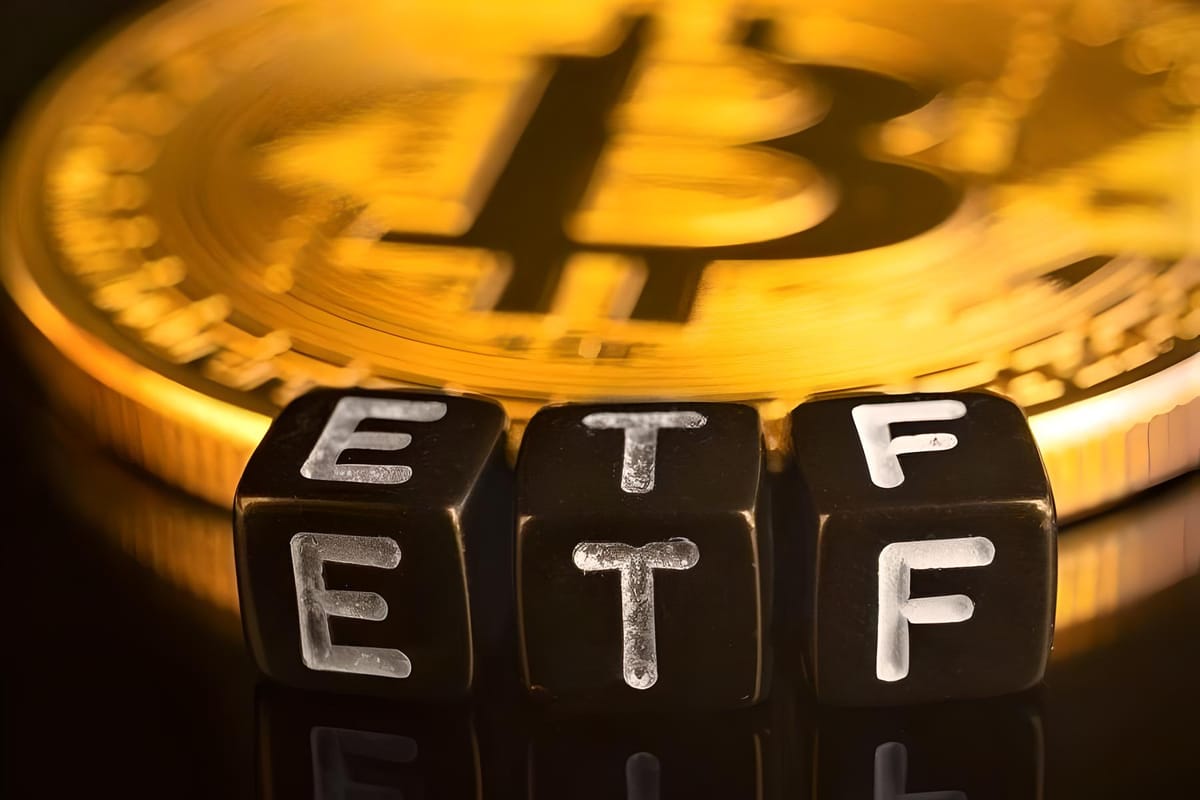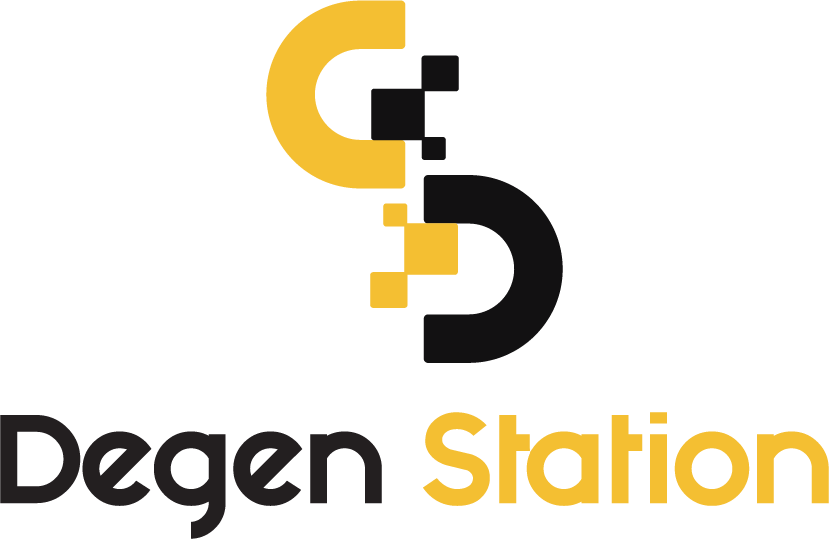SEC approval rate for Bitcoin spot ETFs rises to 75%

Following Grayscale's recent victory against the U.S. Securities and Exchange Commission (SEC), the approval rate for Bitcoin spot ETFs has been raised to 75%.

SEC approval rate for Bitcoin spot ETFs rises to 75%
In a tweet on August 30th, Bloomberg analyst Eric Balchunas stated that the likelihood of the SEC approving spot ETF products in 2023 has surged from 65% to 75%, following a decisive appellate court ruling in a recent lawsuit.
NEW: @JSeyff & I are upping our odds to 75% of spot bitcoin ETFs launching this yr (95% by end of '24). While we factored Grayscale win into our prev 65% odds, the unanimity & decisiveness of ruling was beyond expectations and leaves SEC w "very little wiggle room" via @NYCStein pic.twitter.com/IyEGmWjuHa
— Eric Balchunas (@EricBalchunas) August 30, 2023
Additionally, even if unsuccessful this year, analysts predict a 95% likelihood of a Bitcoin spot ETF appearing before the end of 2024.
Commenting on the lawsuit between the SEC and Grayscale, Eric noted that the "unanimity and decisiveness of the ruling exceeded expectations," putting the SEC in a difficult position.
As reported by Coin68, this weekend marks the first deadline for the SEC to decide on the registration of Bitcoin spot ETFs from Wall Street giants including BlackRock, Fidelity, WisdomTree, Valkyrie, VanEck, and Invesco. However, it would not be surprising if the SEC continues to delay, as the commission still has other deadlines from now until March 14-15, 2024, to make a final decision.

SEC deadlines for approval/rejection of Bitcoin ETFs. Image: Bloomberg
In other developments, the SEC is likely to soon approve a series of Ethereum futures ETF proposals announced recently. The U.S. Securities and Exchange Commission has so far only approved futures-based ETFs and rejected spot ETFs, citing rampant speculation, manipulation, and fraud in the crypto market.
Furthermore, the presence of industry giant BlackRock enhances the significance of this type of product. Historically, the SEC has only rejected one out of 576 ETF applications submitted by BlackRock.
Fun fact: BlackRock's record of getting ETFs approved by the SEC is 575-1. That's another reason this is so big, they don't play around. https://t.co/f7YIhGRmLf
— Eric Balchunas (@EricBalchunas) June 16, 2023
In general, ETF products represent indirect investments in crypto assets in the form of fund certificates listed on traditional stock exchanges. Many place their trust in these products as they serve as a gateway for financial market capital to flow into the crypto space, allowing investors to allocate funds to these assets without owning them directly.





